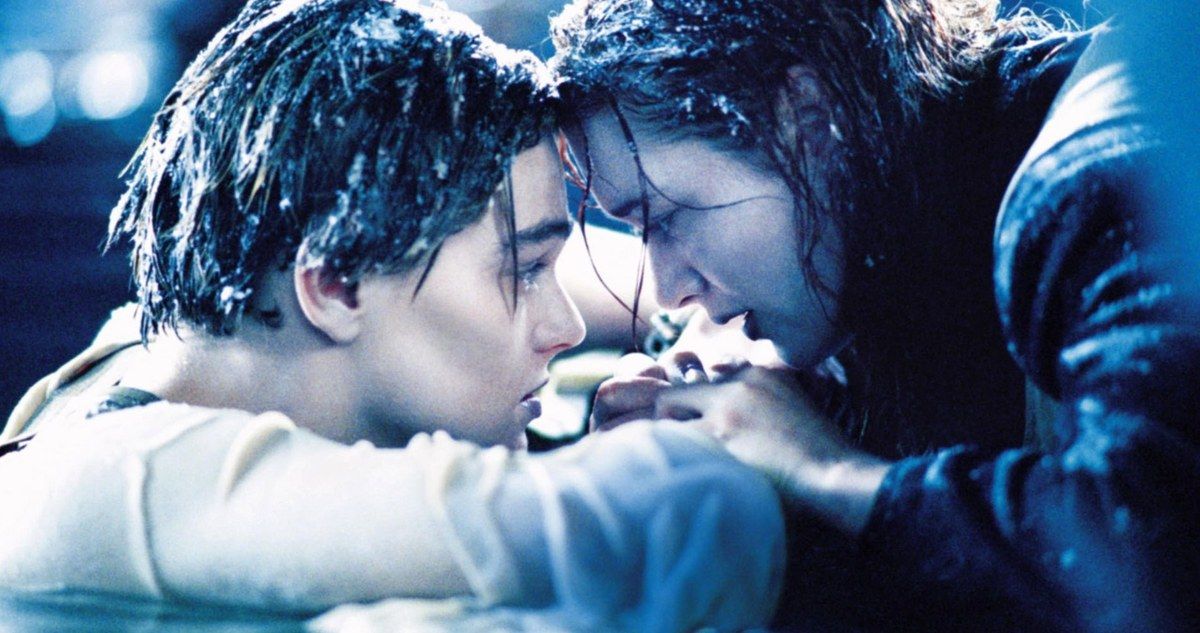Even twenty years later, Titanic fans refuse to forgive director James Cameron for unmercifully killing off Leonardo Di Caprio's Jack character. They truly believe the death was unnecessary, as there was definitely enough room on that floating door that saved Rose. Now, on the 20th Anniversary of the movie's release, James Cameron explains why he had to kill off Jack, giving the definitive answer for fans who refuse to let go.
James Cameron's reasoning doesn't involve physics. As far as he is concerned, it is all about art over commerce, and good story telling. He says this to angry fans some twenty years later, still feeling the heat for his decision.
"Had he lived, the ending of the film would have been meaningless. The film is about death and separation; he had to die. The answer is very simple because it says on page 147 [of the script] that Jack dies. Very simple. ... Obviously it was an artistic choice, the thing was just big enough to hold her, and not big enough to hold him ... I think it's all kind of silly, really, that we're having this discussion 20 years later. But it does show that the film was effective in making Jack so endearing to the audience that it hurts them to see him die."
Even if Jack Dawson had climbed onto that door, his survival was never meant to be. Jack could have died in the water, or by some tragic unforeseen accident. That's the hand of fate Jack was dealt. No matter how they changed the movie, or the script got rewritten, James Cameron always knew one thing. Jack was not going to make it to the end of the film with Rose. He goes onto say this.
"Whether it was that, or whether a smoke stack fell on him, he was going down. It's called art, things happen for artistic reasons, not for physics reasons."
Speaking with Vanity Fair, Cameron was further pushed about the plausibility of the situation as presented in those final moments of Titanic. But the director wasn't having any of it. He claims the ending was "very finely tuned".
"I was in the water with the piece of wood putting people on it for about two days getting it exactly buoyant enough so that it would support one person with full free-board, meaning that she wasn't immersed at all in the 28-degree water so that she could survive the three hours it took until the rescue ship got there. [Jack] didn't know that she was gonna get picked up by a lifeboat an hour later; he was dead anyway. And we very, very finely tuned it to be exactly what you see in the movie because I believed at the time, and still do, that that's what it would have taken for one person to survive."
So there you go. The definite answer according to Cameron science. This isn't the first time James Cameron has addressed the issue of Jack's death. In January, Cameron stood by the script after Mythbusters tried to prove Jack could have lived. He claims the Mythbusters crew were 'full of s**t'. James Cameron hopes fans will leave this subject alone for awhile, letting it drift to the bottom of the ocean. But that may prove to be an impossibility for some fans. Titanic returns to theaters this December in celebration of its 20th Anniversary.

